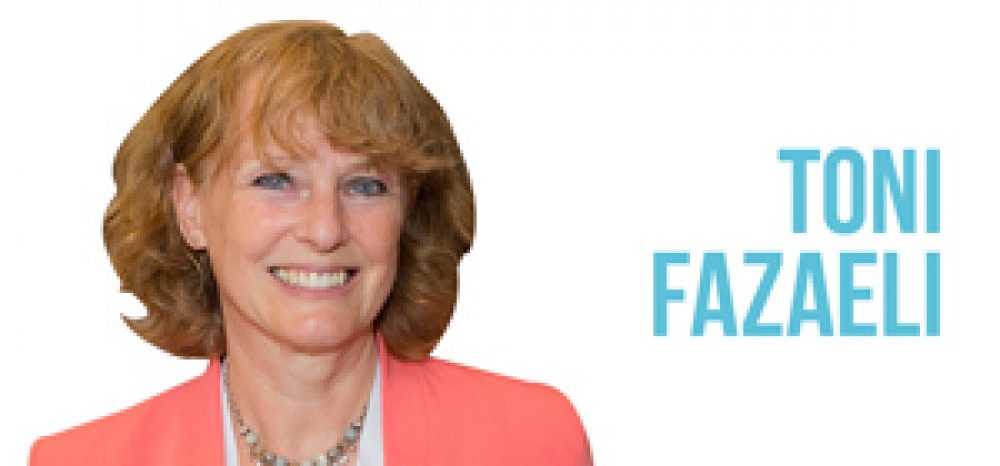Last week, a students’ union representative at a large college described to me a wonderful teacher who in every internal observation inspired students and observers alike, and was an amazing teacher for the students throughout the year.
Come the last Ofsted inspection, after the build-up of pressures and mounting apprehension, the part of his teaching session that was observed was judged inadequate. The students were stunned into silence as they saw their teacher attempt a totally atypical and much-rehearsed activity artificially designed to be ‘just the ticket’ for Ofsted. Alas, not only was the teaching lacklustre for 25 minutes, the students were noticeably disengaged and, to the very discerning, silently shocked. The lead-in time for inspection and the concomitant nervous anticipation led to perverse effects in this case, and we know of others too that prevented inspectors from seeing normal and often truly great teaching and learning. A loss all round.
The inspectorate’s renewed central focus on teaching and learning is welcomed by the Institute for Learning, as are short-notice inspections and Ofsted’s commitment to drawing at least 50 per cent of its additional inspectors from the sector, as current practitioners. Teaching and learning is the core business for colleges and providers, and finally inspections will mirror this.
Further education has been caught in a cross-current recently, as several inspections led to grades that were very different from expectations.”
Nevertheless, the change in inspection from September does represent a paradigm shift, like shifting sands. As with any such change, there is a need for preparation, updating and training. We understand that training is well under way for inspectors in using the new common inspection framework and the new guidelines published in June. Before the new inspections go live, inspectors will have had four days’ training. This includes looking at independent research evidence on effective and expansive learning environments; focusing on the range of evidence to look for and consider in reaching judgements on teaching, assessment, learning and learners’ engagement in effective learning; and working together on how to ensure rigorous and fair inspection with consistency of approach. Consistency of judgement is vital to giving confidence.
Further education has been caught in a cross-current recently, as several inspections led to grades that were very different from expectations. Does this mean that teaching and learning is better or worse than it was over the last few years, or is it that the inspector’s torch is being shone in a new and more searching way?
IfL’s recent consultation with our members on inspection showed that too many teachers felt they did not receive feedback after inspectors had observed their practice. “
Moderation processes help ensure that judgements are sound, including where a grade 4 or grade 1 is given. IfL thinks that a change of more than one grade also should merit additional moderation, which would give increased confidence that inspectors were looking – to pursue the coastal metaphor – at the sea and its quality, rather than alighting on an individual wave, eddy or swell.
Occasionally there will be a spring tide that shocks, but the inspectorate’s steady gaze needs to be on the seascape of an institution and the overall quality of its teaching and learning. Inspectors surely also have a responsibility, in the public interest and to help ensure a good education for all, to bring insights and value to each teacher and trainer observed and a greater understanding of quality to the institution overall.
IfL’s recent consultation with our members on inspection showed that too many teachers felt they did not receive feedback after inspectors had observed their practice. We welcome Ofsted’s commitment to ensuring that every teacher observed will be given individual feedback.
Inspection matters to our members. Inspection criteria affect how they approach their practice, and the kinds of performance sought by their managers and the organisation’s leaders. There are myths about inspection. There are also opportunities for every teacher to get the most they can from inspection.
As the professional body, IfL will be working with teachers and trainers to support and inform them about inspection over the coming months. We will give practitioners a chance to ask questions about inspection and to share experiences, so that inspection is not perceived and experienced as being ‘done unto’, but as an opportunity for inspectors with a deep interest in teaching and learning, for a short and concentrated time, to work alongside professional teachers and trainers. Both will be learning as much as they can from each other, building trust, understanding each other’s perspectives and judgements on what works best for learners, and where they have reached.
Inspection is of a sea, not of churn and storm, but waters of calm and steady reflection.
Toni Fazaeli is Chief Executive of the Institute for Learning (IfL)









Your thoughts